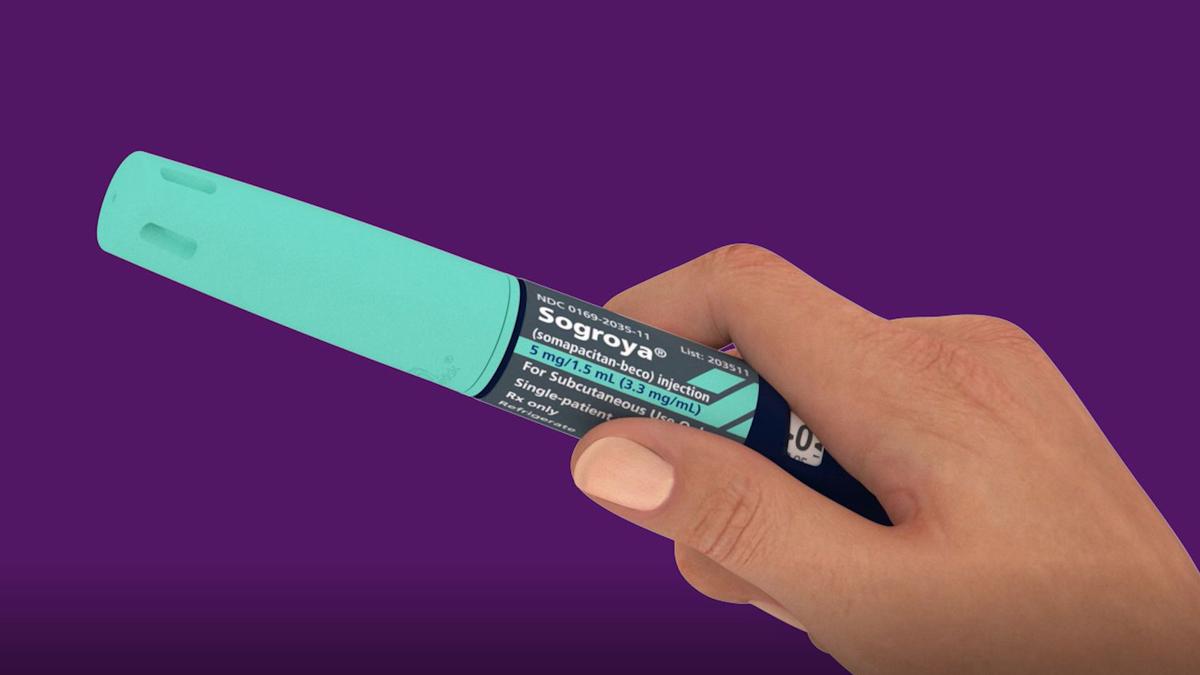NHS cleared to use Novo Nordisk's long-acting growth hormone

A long-acting medicine developed by Novo Nordisk has been recommended as a treatment option for young people with growth hormone deficiency, a condition diagnosed in up to 500 children a year.
Sogroya (somapacitan), which can be administered as a once-weekly subcutaneous injection, has been recommended by health technology assessment (HTA) agency NICE, for patients aged three to 17 with paediatric growth hormone deficiency in new guidance.
The recommendation means that patients in England in this category should be able to access treatment with Sogroya via the NHS within the next 30 days, giving them an alternative to current growth hormone injections (somatropin) that have to be injected every day.
According to NICE's technology appraisal guidance published this week, patients should receive the least expensive option out of all available treatments – including somatropin injections – taking into account "administration costs, dosages, price per dose and commercial arrangements."
Sogroya was first launched in 2020 to offer a more patient-friendly alternative to Novo Nordisk's somatropin product Norditropin for adults with growth hormone deficiency, and had its label extended in 2023 to include children aged three or more. The MHRA approved paediatric use of the product in February 2024.
It isn't the first long-acting growth hormone product to be recommended by NICE, as Pfizer's once-weekly Ngenla (somatrogon) was backed in 2023 for a similar group of patients. At the time, NICE said Ngenla would be an option for around 2,200 children in England.
Most cases of paediatric growth hormone deficiency are idiopathic, with no underlying cause known, and the disorder is generally diagnosed from the age of two or three years onwards when growth slows down or stops. The disorder affects an estimated 1 in 3,500-4,000 children in the UK.
"We believe the launch of Sogroya will help provide an additional option to support people living with growth hormone deficiencies in the UK and look forward to working with healthcare providers to achieve this," commented Sebnem Avsar Tuna, general manager of Novo Nordisk UK.
NICE's recommendation comes shortly after Novo Nordisk reported new clinical data on Sogroya confirming that it is at least as effective as Norditropin in the treatment of three other conditions that cause short stature in children, namely children born small for gestational age (SGA) and those who have Noonan syndrome (NS) or idiopathic short stature (ISS).
Norditropin remains a big seller for Novo Nordisk worldwide, although it no longer separates the once-daily and once-weekly products in its financial reporting and said combined sales were around $745 million last year.
GlobalData has predicted sales of Norditropin will be $960 million in 2030, with Sogroya contributing $294 million in that year.











